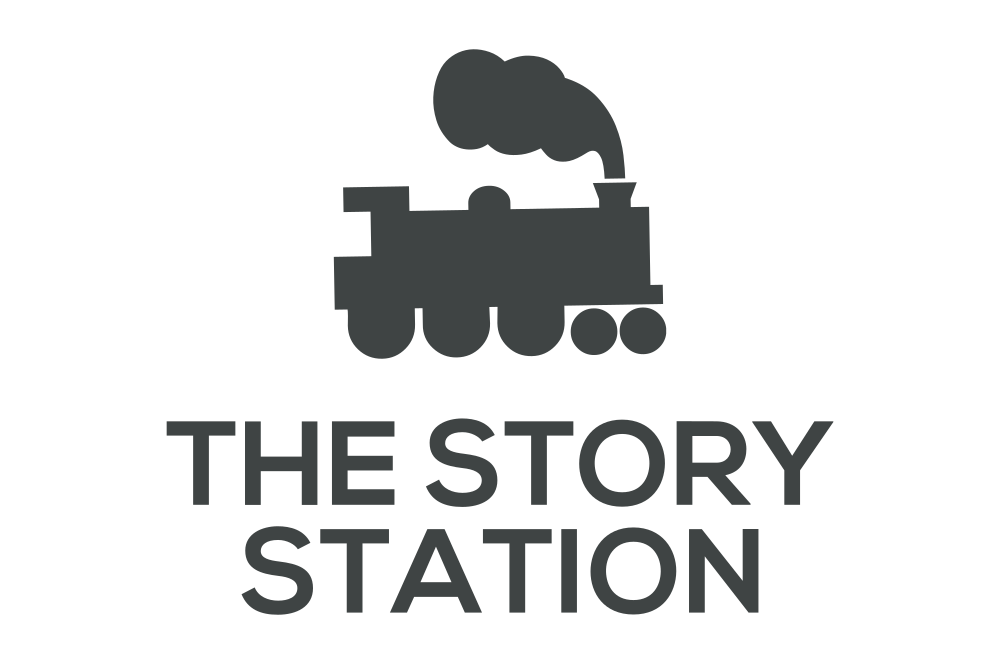A secondhand bookshop is, in its own way, an archive. Every spine is already cracked, every page already turned, every margin carrying the faint trace of someone else’s thought. That is our proposition to our readers: we don’t sell new releases, and we don’t stock self-published works. Our shelves belong to the secondhand: to the catalogue of what has stood the test of time in print, and to those titles that our readers look for over and over again, or struggle to find anywhere else because it's out of print.
I guess this is one way to think about the literary canon: the set of works a culture treats as essential, not only because they were written, but because they were selected, taught, reprinted, and repeated until they felt inevitable.
But archives and canons raise questions. Who gets preserved, and who disappears? As Virginia Woolf reminded us, “For most of history, Anonymous was a woman.”
In South African literary discourse, this question hasn’t gone quiet. The canon, the syllabus, the curriculum... are they guardians of tradition, or barriers to inclusion? Do they matter, or does the reader’s lived experience carry more weight? We don’t want to resolve it here. What matters to us is the dialogue itself, because without readers, the shelves are just paper and wood, and without writers, there would be no shelves at all.
Now even though our speciality is secondhand books, it doesn't hurt us make space for writers: sometimes that space finds them a new reader, sometimes a publisher, sometimes the feedback that helps them become better.
Starting next week, this newsletter will include a Local Author Spotlight. Each week we’ll introduce a South African writer and one of their works. This could be anyone: a self-published writer testing their first words in the world, a debut author stepping nervously into print, or an established voice adding another title to an already long shelf. We’ll share their contact details, or where to find the book, so if something resonates, you can reach out directly. (If you would like to feature, please send us an email to info@thestorystation.co.za).
Readers, please know that this doesn’t change what you’ll find on our shelves: secondhand books from established publishing houses, the familiar spines and well-travelled pages our readers come here for. That part stays the same.
What the spotlight adds is something alongside it. A reminder that literature has never been a static catalogue. It’s a living conversation, always in revision, always being rewritten. And sometimes the most vital voices aren’t yet bound in dust jackets, but they still deserve to be heard.
Now your turn...
What do you think? Does the canon still matter, or do you find yourself returning to the books that move you, syllabus or no syllabus?
I’d love to hear your thoughts. Reply to this mail. I’ll read every word, probably with coffee in hand and a small stack of books beside me that I promised myself I’d list, but couldn’t quite let go of.
PS. I never put my name at the end of these. Does that make me part of the canon?
